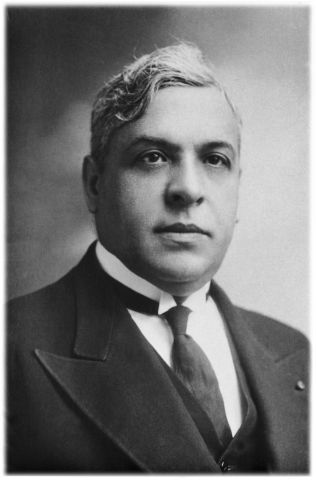The Memory of a Hero: Aristides de Sousa Mendes' Legacy Preserved in Testimony
Earlier this summer, Eleanor Beardsley of NPR met with a group of Holocaust survivors and relatives gathered in Bordeaux, France. They were beginning a 10-day trek, tracing a specific escape route from France to Portugal by way of Spain. These survivors were brought together by the memory of one man: Aristides de Sousa Mendes.
Aristides de Sousa Mendes was a Portuguese diplomat stationed in Bordeaux in the late 1930s who issued tens of thousands of visas to Jewish families, in direct violation of anti-Jewish laws instituted by Portugal’s fascist government at the time. For this act of resistance, Sousa Mendes faced trials and conviction, leaving him to live out the rest of his life in poverty and disgrace, and his 15 children scattered all over Europe and the U.S.

The NPR story emphasizes the power of what she refers to as ‘testimonials’ from the survivors and relatives present in Bordeaux. Some read letters written by their grandparents, some told stories of parents or aunts, but most powerful were the reflections of the survivors who were present themselves.
Aristides de Sousa Mendes is mentioned over 50 times in 6 different testimonies in the Visual History Archive. Two of those testimonies are interviews with his children, Carlos Mendes (JFCS collection) and Pedro de Sousa Mendes, and the others are of Jewish survivors who escaped persecution because of his visas.
Without the stories of survivors, we may never have heard the story of Sousa Mendes, a man so quickly condemned by the government of his time. It’s easy to declare that humanity will never forget the evils of Hitler and the Nazis, but it’s stories like Sousa Mendes’ that remind us how important it is to collect the whole story. Our collective memory relies on preserving the details, the acts of heroism that can so easily be forgotten.